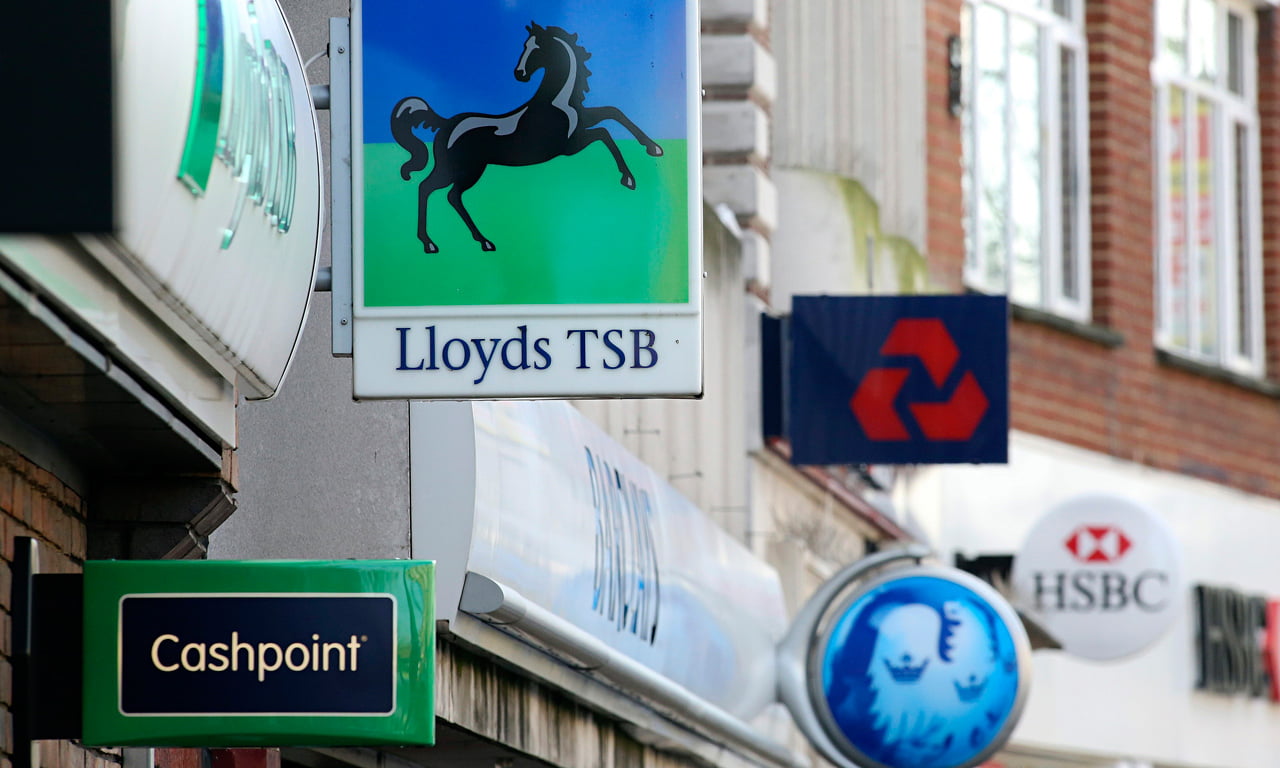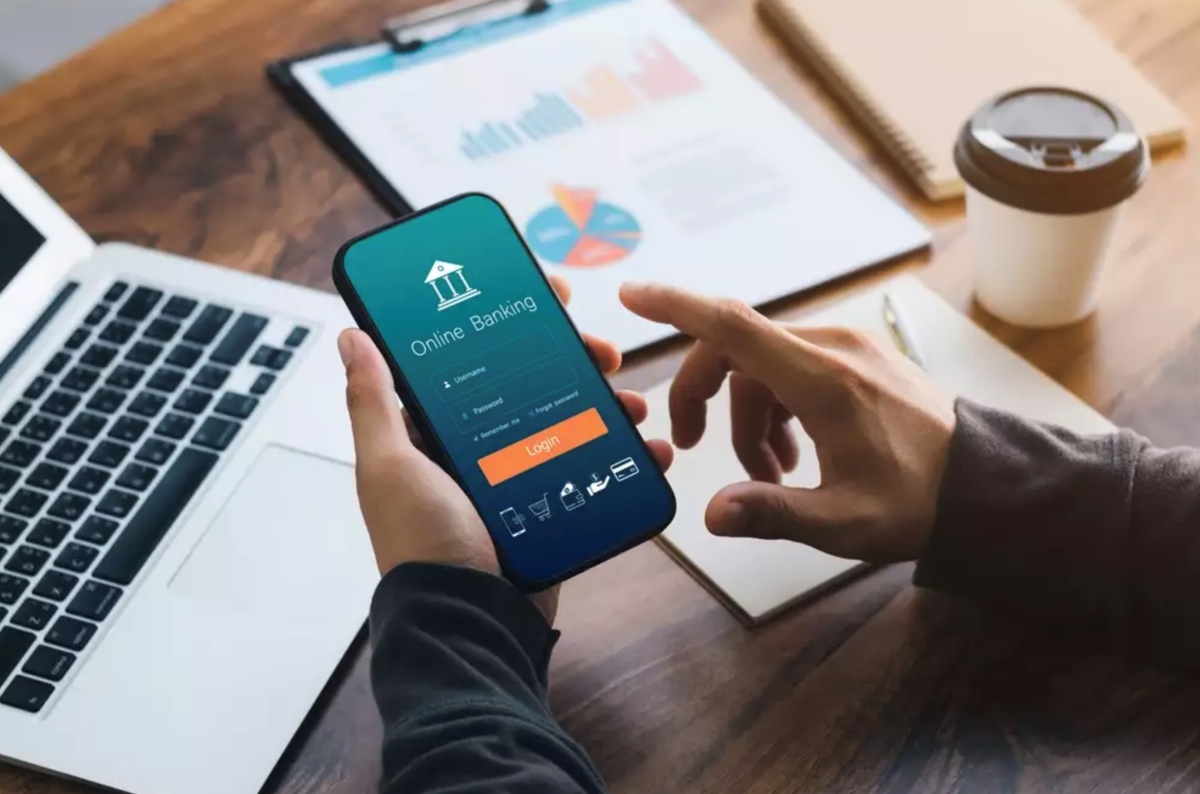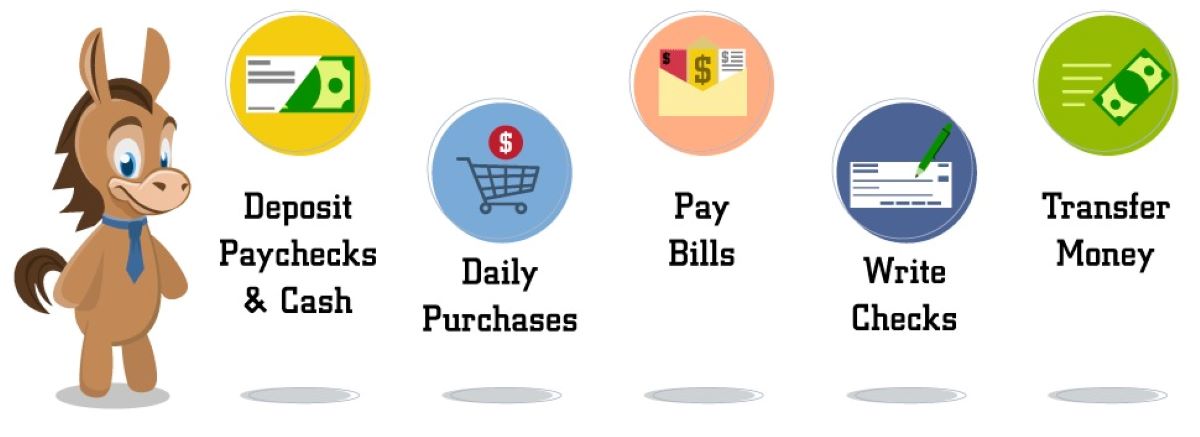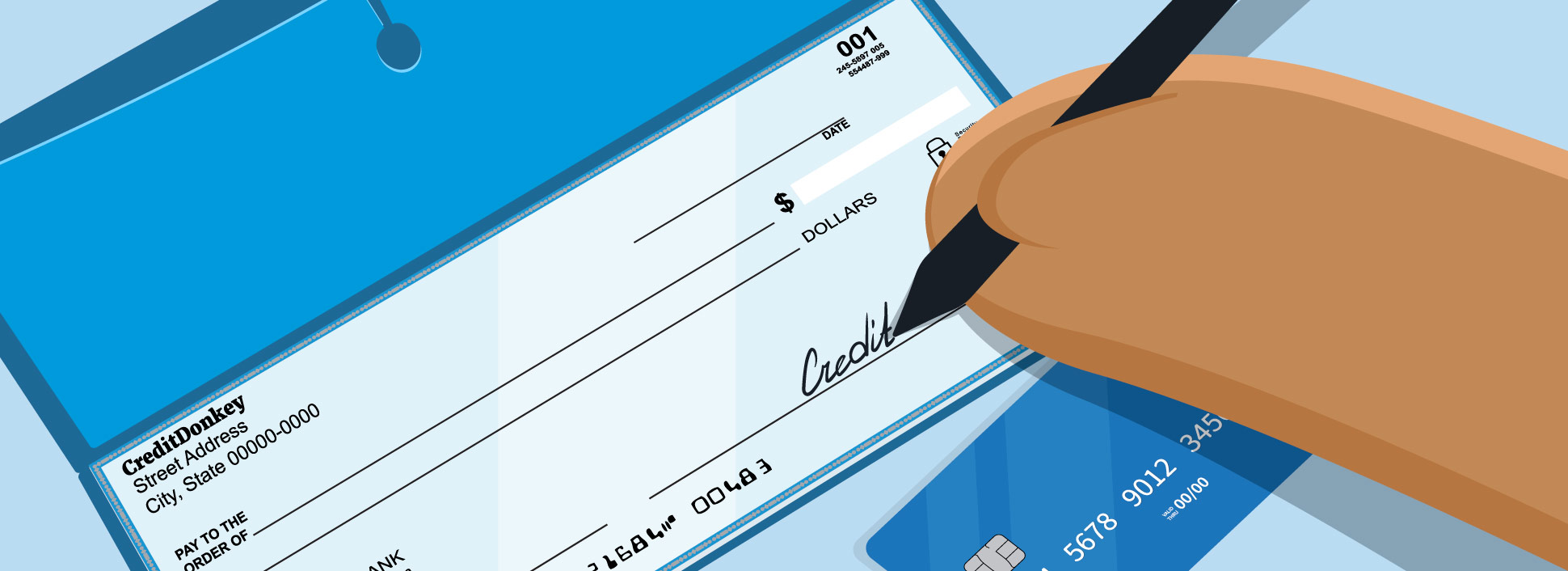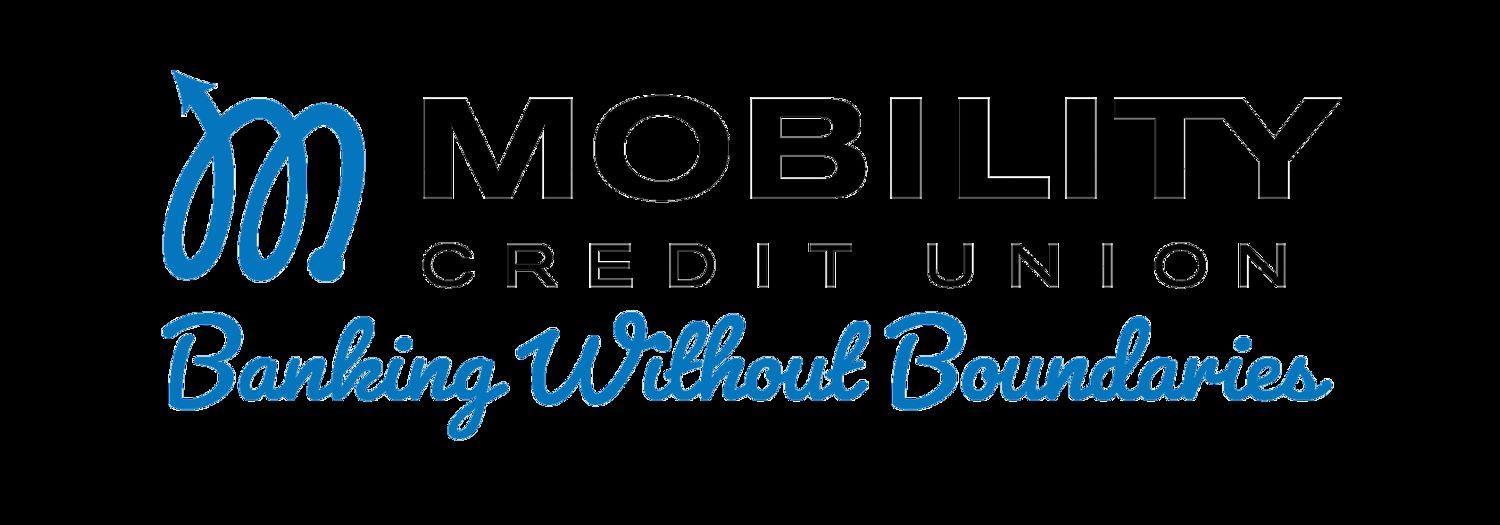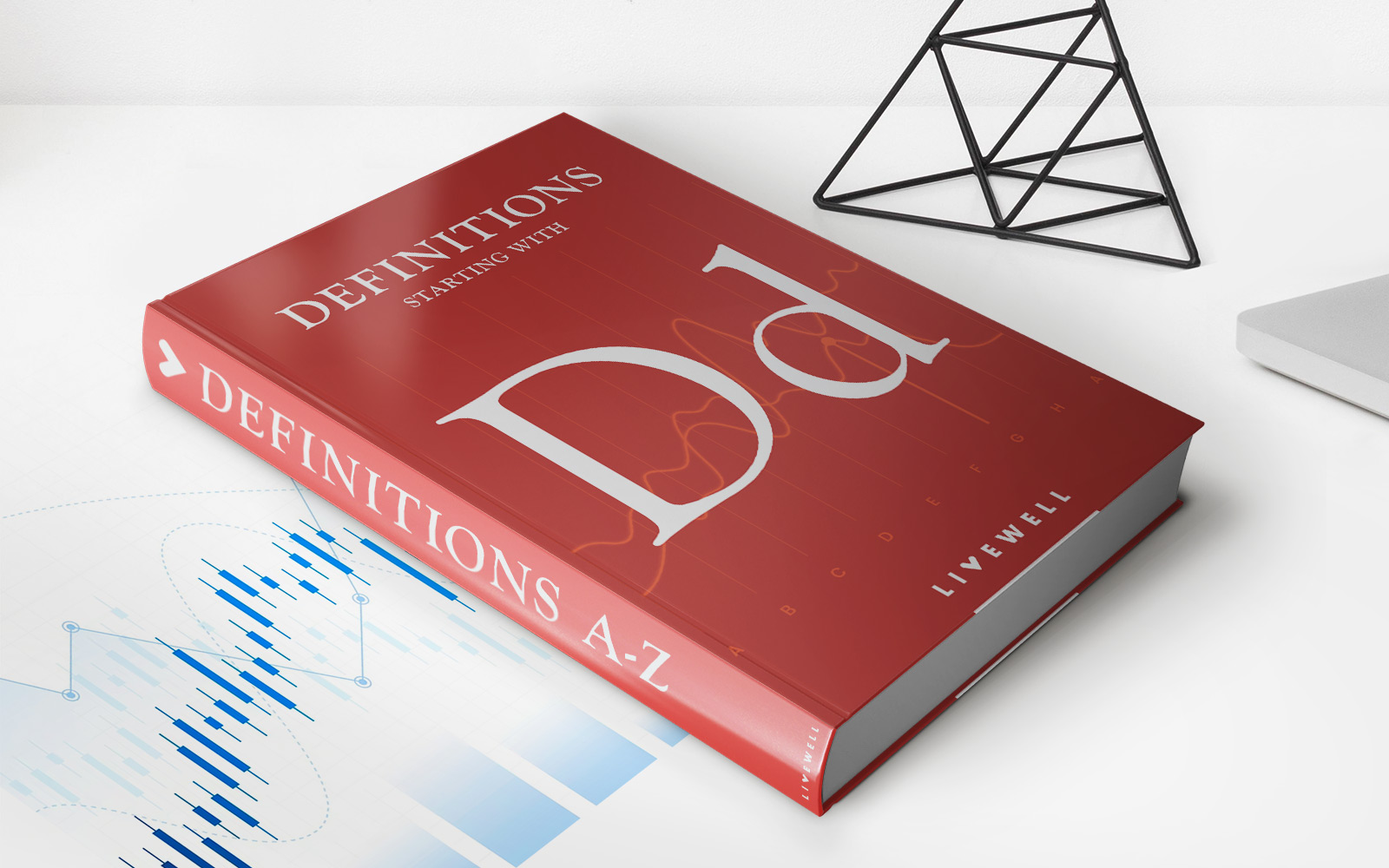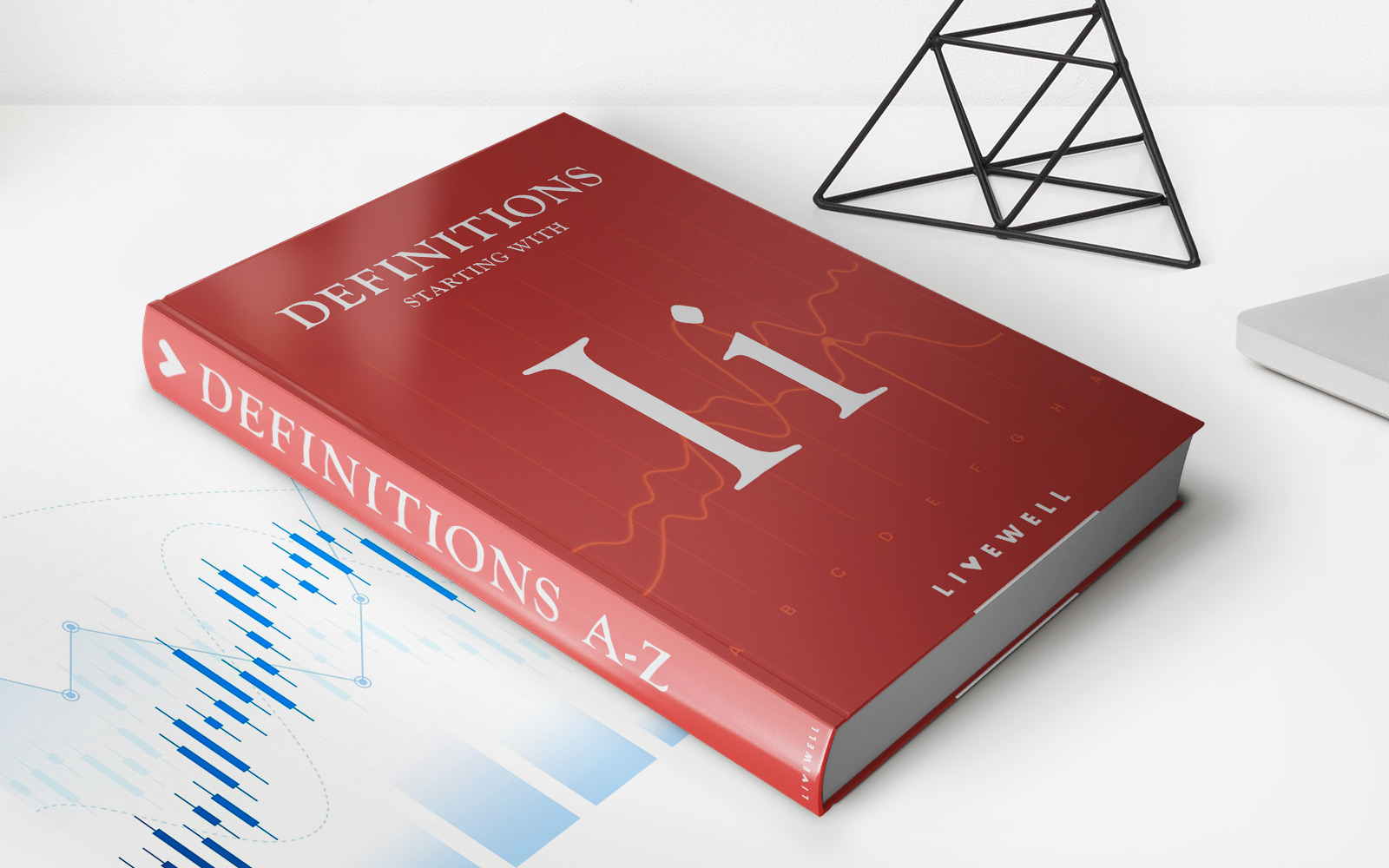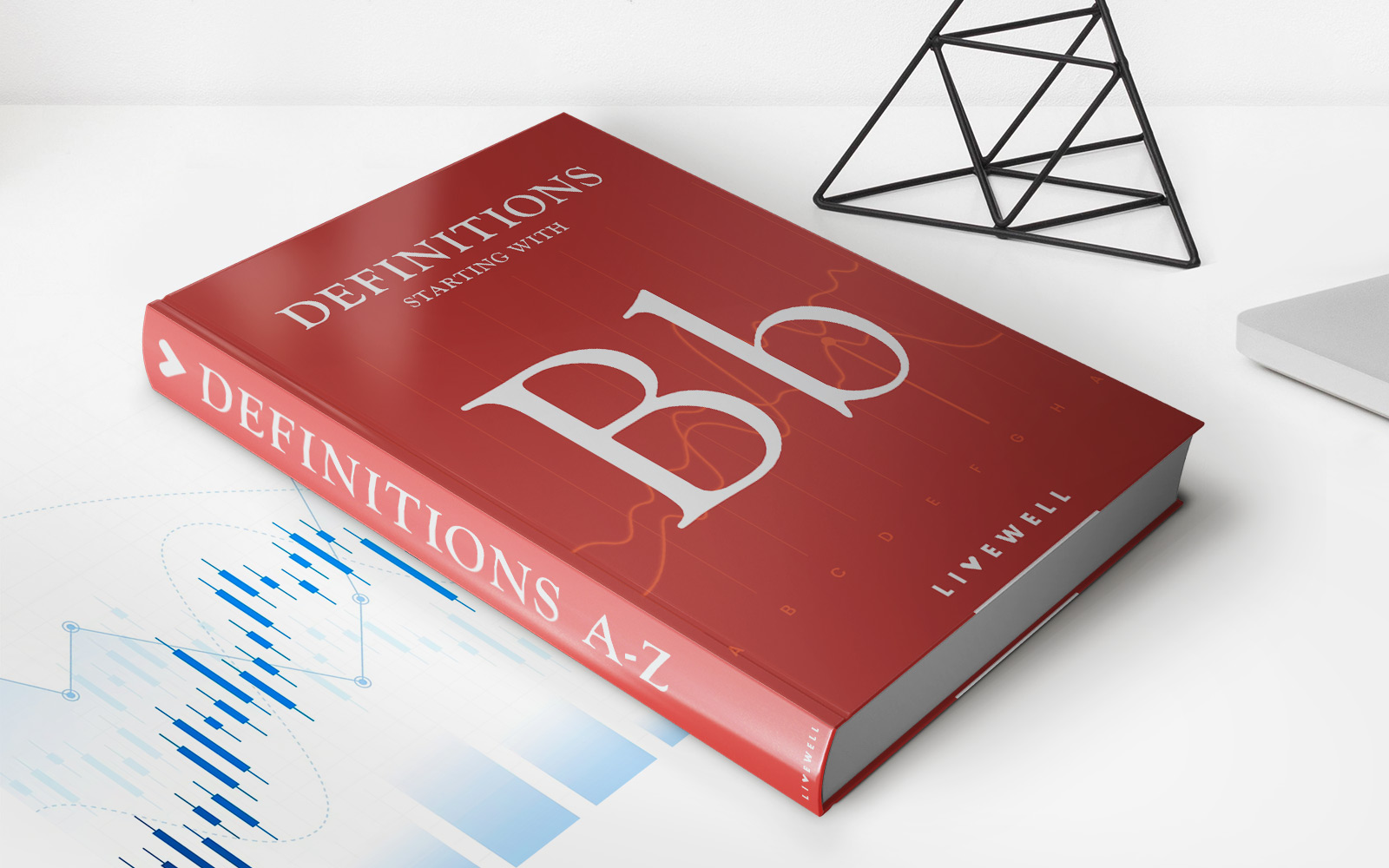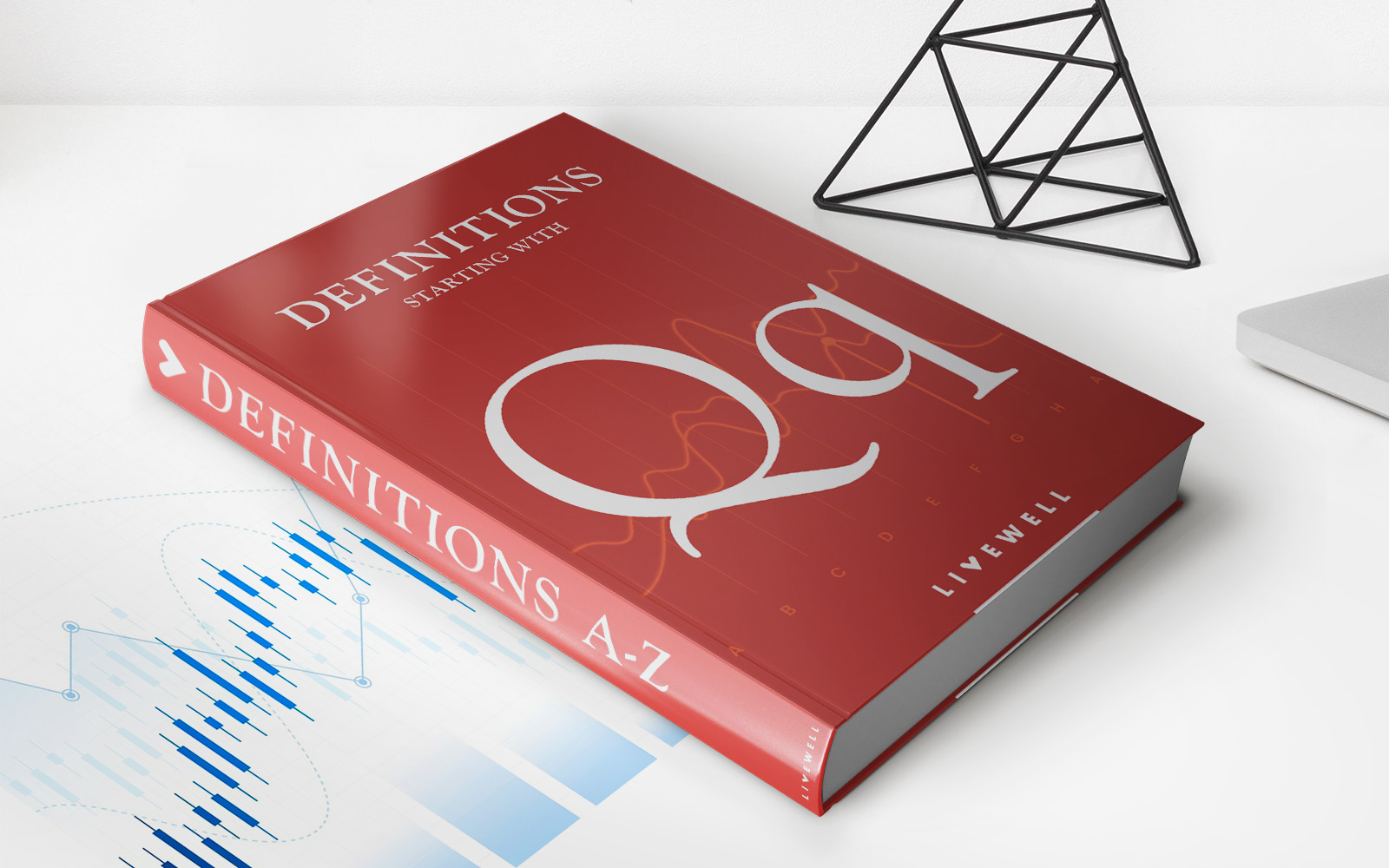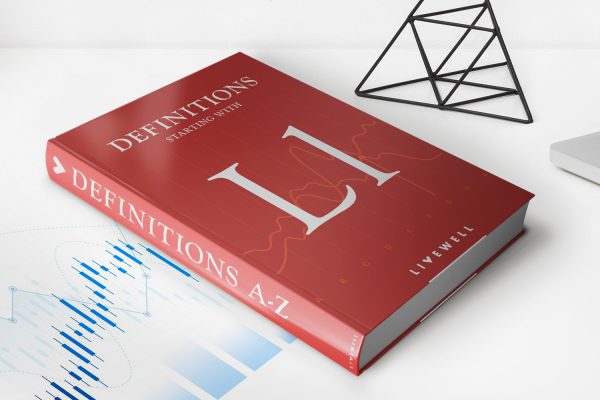

Finance
How To Open A Checking Account With Bad Credit
Published: October 28, 2023
Learn how to open a checking account even with bad credit. Take control of your finances and start managing your money effectively with our expert guidance.
(Many of the links in this article redirect to a specific reviewed product. Your purchase of these products through affiliate links helps to generate commission for LiveWell, at no extra cost. Learn more)
Table of Contents
- Introduction
- Understanding the Importance of a Checking Account
- Assessing Your Current Credit Situation
- Researching Different Banks and Credit Unions
- Choosing the Right Checking Account for Your Needs
- Steps to Open a Checking Account with Bad Credit
- Providing Required Documentation
- Exploring Alternative Banking Options
- Rebuilding Your Credit Score
- Conclusion
Introduction
Opening a checking account is an essential step towards managing your personal finances effectively. It provides you with a secure and convenient way to deposit and withdraw money, pay bills, and track your spending. However, if you have bad credit, you may encounter challenges when trying to open a checking account.
Having bad credit means that you have a lower credit score due to missed payments, defaults, or other negative factors. This can make traditional banks and financial institutions hesitant to offer you a checking account, as they may view you as a higher risk customer.
Fortunately, having bad credit doesn’t mean that you are completely ineligible to open a checking account. Many banks and credit unions offer options specifically designed for individuals with less-than-perfect credit. By understanding the steps and requirements involved, you can successfully open a checking account and take control of your financial situation.
In this article, we will explore the importance of a checking account, assess your current credit situation, research different banking options, and discuss the steps to open a checking account with bad credit. Additionally, we will provide alternative banking options and tips for rebuilding your credit score. Let’s dive in and discover how you can open a checking account, even with bad credit.
Understanding the Importance of a Checking Account
A checking account is an essential financial tool that offers a range of benefits and conveniences. It provides a secure place to deposit and store your money, make payments, and easily track your spending. Here are some key reasons why having a checking account is important:
- Convenient and Secure: With a checking account, you can access your funds easily through various channels, such as debit cards, checks, and online banking. This offers convenience and flexibility in managing your finances. Additionally, your funds are protected by federal deposit insurance, providing an extra layer of security.
- Better Financial Management: A checking account allows you to keep track of your income and expenses effectively. Most banks provide online banking services that offer real-time balance updates, transaction history, and spending categorization. This helps you understand where your money is going and make informed financial decisions.
- Electronic Payments and Bill Pay: With a checking account, you can make electronic payments, such as online purchases and bill payments. This eliminates the need for cash transactions and reduces the risk of loss or theft. Many banks also offer bill-paying services, allowing you to set up automatic payments and avoid late fees.
- Establishing Financial History: Having a checking account is an important step in building a positive financial history. Consistently managing your account, paying bills on time, and avoiding overdrafts can improve your creditworthiness and increase your chances of obtaining loans or other financial services in the future.
- Access to Additional Services: Opening a checking account with a bank often gives you access to a range of additional services, such as savings accounts, credit cards, loans, and investment options. These services can help you save money, build credit, and grow your wealth.
Understanding the importance of a checking account highlights why it is crucial to have one, regardless of your credit situation. By having a checking account, you can effectively manage your finances, make secure transactions, and build a solid foundation for your financial future.
Assessing Your Current Credit Situation
Before embarking on the journey to open a checking account with bad credit, it’s important to assess your current credit situation. This will give you a clear understanding of where you stand and allow you to address any issues that may affect your ability to open an account.
Start by obtaining a copy of your credit report from one of the major credit bureaus, such as Equifax, Experian, or TransUnion. Review the report carefully to identify any negative marks, late payments, defaults, or collections that may be affecting your credit score.
Take note of these negative factors and consider the reasons behind them. It could be due to financial hardships, unexpected expenses, or other circumstances. Understanding the root causes can help you develop a plan to improve your credit over time.
Next, assess your current financial situation. Calculate your monthly income and expenses to determine how much disposable income you have available. This will help you understand how much you can afford to deposit into your checking account and maintain a positive balance.
It’s also essential to evaluate any outstanding debts you may have, such as credit card balances, personal loans, or student loans. High debt levels can negatively impact your credit score and make it harder to open a checking account. Consider creating a budget and developing a repayment plan to bring your debts under control.
Additionally, consider reaching out to credit counseling services or financial advisors who can provide guidance on improving your credit and managing your finances effectively. They can help you develop strategies to address your credit issues and improve your financial well-being.
Assessing your current credit situation allows you to have a realistic view of your financial standing. By understanding your credit report, evaluating your finances, and seeking professional advice, you can take appropriate steps to improve your credit and increase your chances of opening a checking account, even with bad credit.
Researching Different Banks and Credit Unions
When it comes to opening a checking account with bad credit, it’s crucial to research and explore different banking options. Not all banks and credit unions have the same requirements or policies regarding customers with less-than-perfect credit. By conducting thorough research, you can find institutions that are more willing to work with you and provide the checking account you need.
Start by identifying local banks and credit unions in your area. These institutions often have a better understanding of the local community and may be more flexible when it comes to opening accounts for individuals with bad credit. Consider factors such as the institution’s reputation, size, services offered, and proximity to your location.
Once you have a list of potential banks and credit unions, visit their websites and review their checking account options. Pay attention to any special accounts they offer for individuals with bad credit or those who are unable to open a traditional checking account. Look for accounts with no minimum balance requirements, low or no monthly fees, and features that meet your specific banking needs.
While online research is a great starting point, it’s also beneficial to visit the physical branches of the banks and credit unions you are considering. This allows you to get a feel for their customer service, ask questions, and discuss your situation with a banking representative. They can provide you with more specific information and guide you through the account opening process.
During your research, you may come across banks that offer second-chance checking accounts. These accounts are specifically designed for individuals with bad credit or a history of banking problems. They often come with certain restrictions and may require an initial deposit or a monthly fee. However, they can be a valuable option for rebuilding your financial reputation and establishing a positive banking relationship.
It’s important to compare the fees, terms, and features of different checking accounts before making a decision. Look for accounts that offer free online and mobile banking, ATM access, and overdraft protection options. Consider the long-term benefits and suitability of each account based on your unique financial needs.
By conducting thorough research and comparing different banks and credit unions, you can identify institutions that are more likely to accommodate your situation and provide you with the checking account you need, even with bad credit.
Choosing the Right Checking Account for Your Needs
Once you have researched different banks and credit unions and have a list of potential options, it’s time to choose the right checking account that suits your needs. While your options may be more limited due to bad credit, there are still several important factors to consider when making your decision.
First, consider the account fees. Look for checking accounts with low or no monthly fees, as these can quickly add up and eat into your funds. Some institutions may waive monthly fees if certain criteria are met, such as maintaining a minimum balance or signing up for direct deposit. Pay attention to additional fees for services like ATM withdrawals, overdrafts, and check orders.
Next, evaluate the account features. Determine what features are essential to manage your finances effectively. This could include features like online and mobile banking, bill payment services, check writing, and access to ATMs. Look for accounts that provide a user-friendly and convenient banking experience to meet your day-to-day banking needs.
Consider the availability and accessibility of ATMs. Ensure that there are ATMs nearby or in-network locations where you can withdraw cash without incurring hefty fees. Some institutions may reimburse out-of-network ATM fees up to a certain amount, which can be beneficial if you frequently access cash.
Look into the overdraft options offered by the bank or credit union. While it’s always best to avoid overdrafts, having an overdraft protection feature can save you from significant fees and provide a safety net in case you accidentally overspend.
Customer service is another vital aspect to consider. Opt for an institution that provides excellent customer service and support. Friendly, knowledgeable, and helpful staff can make a significant difference in your overall banking experience.
Finally, consider any additional benefits or perks offered by the checking account. Some institutions offer rewards programs, such as cashback on debit card purchases or discounts on certain services. While these may not be a deciding factor, they can add value to your banking relationship.
In summary, when choosing the right checking account, focus on finding an account with low fees, convenient features, accessibility to ATMs, overdraft options, excellent customer service, and any additional benefits that align with your financial goals. By carefully considering these factors, you can select a checking account that suits your needs and helps you manage your money effectively, even with bad credit.
Steps to Open a Checking Account with Bad Credit
If you have bad credit, opening a checking account may require some additional steps and considerations. While the process may be slightly different from opening a traditional account, the following steps will guide you through the process of opening a checking account with bad credit:
- Research and choose a suitable bank or credit union: Based on your earlier research, select a financial institution that offers checking accounts specifically designed for individuals with bad credit. Ensure that the institution is reputable, offers the features you need, and has good customer reviews.
- Gather the necessary documentation: Get all required documentation ready before visiting the bank or credit union. This typically includes a government-issued ID (such as a driver’s license or passport), proof of address (such as a utility bill or lease), and your Social Security number.
- Schedule an appointment: Contact the bank or credit union to schedule an appointment to open a checking account. This will allow them to allocate enough time to assist you and answer any questions you may have.
- Speak with a banking representative: During your appointment, discuss your situation with a banking representative. Be transparent about your bad credit and any challenges you have faced. They will guide you through the account opening process and explain the account options available to you.
- Complete the application: Fill out the necessary account opening forms. Provide accurate information, even if you have negative marks on your credit history. The bank or credit union may use this information to determine which account is best suited to your needs.
- Pay any required fees or initial deposit: Some accounts may require an initial deposit to open. If possible, deposit a sufficient amount to cover any fees and maintain a positive balance. Be aware of any monthly fees and ensure that you understand the account terms.
- Manage your account responsibly: Once your checking account is open, it’s crucial to manage it responsibly. Make regular deposits, track your transactions, and avoid overdrafts and bounced checks. This will help establish a positive banking history and improve your chances of accessing more financial services in the future.
Remember, opening a checking account with bad credit may require some extra effort and research, but it is definitely achievable. By following these steps and maintaining responsible financial habits, you can successfully open a checking account and start having greater control over your finances.
Providing Required Documentation
When opening a checking account, regardless of your credit history, you will need to provide certain documentation to comply with legal requirements and the bank’s policies. Understanding the required documents and having them prepared in advance can streamline the account opening process. Here are the common documents you will likely need:
- Government-issued Identification: You will typically need to present a valid government-issued ID such as a driver’s license, passport, or state-issued ID card. The ID should include your photograph, full name, and date of birth. This verifies your identity and prevents fraudulent activity.
- Proof of Address: To establish your residency, you may have to provide proof of address. This can be in the form of a recent utility bill (gas, water, electricity), bank statement, lease agreement, or a government-issued document showing your name and address. The document should be recent (within the last three months) and contain your current residential address.
- Social Security Number (SSN): In the United States, having a Social Security Number is crucial for financial transactions. You will need to provide your SSN, which serves as a unique identifier for tax and credit purposes. This is necessary for the bank to run a credit check and verify your identity.
- Employment and Income Information: Some banks may ask for proof of employment or income to assess your financial stability. This can be provided in the form of recent pay stubs, an employment verification letter, or tax documents such as a W-2 or 1099 form.
- Additional Information: Depending on the bank or credit union’s policies, they may require additional information or documentation. This can include providing your contact information, date of birth, marital status, and any other relevant personal details.
It’s important to note that the specific documentation requirements may vary from one institution to another. Therefore, it’s best to contact the bank or credit union beforehand to confirm the necessary documents to open a checking account with bad credit.
To ensure a smooth account opening process, gather all the required documentation in advance. This will help expedite the application process and avoid any unnecessary delays. Providing accurate and up-to-date information is vital for building trust with the bank and establishing a positive banking relationship.
Exploring Alternative Banking Options
If you are facing difficulties opening a checking account due to bad credit, there are alternative banking options available that can still meet your financial needs. These options provide alternatives to traditional banks and offer services tailored to individuals with less-than-perfect credit. Here are a few alternative banking options to consider:
- Online-only Banks: Online banks operate exclusively on the internet, which allows them to offer lower fees and more flexible requirements. They often have streamlined account opening processes and provide a range of banking services, including checking accounts. Research online banks that cater to individuals with bad credit and compare their account features and fees.
- Second-Chance Banking: Second-chance banking is specifically designed for individuals with bad credit or a history of banking problems. These accounts often come with specific restrictions or fees, but they provide an opportunity to rebuild your banking history. Look for second-chance checking accounts offered by local banks or credit unions, as well as online financial institutions.
- Prepaid Debit Cards: Prepaid debit cards can be a viable alternative to traditional checking accounts. These cards are loaded with funds, and you can use them for purchases and bill payments, just like a regular debit card. While they do not offer the same features as a checking account, prepaid debit cards can be an effective tool for budgeting and managing your expenses.
- Credit Union Options: Credit unions are member-owned financial institutions that often have a more community-focused approach. They may be more lenient with credit requirements and offer specialized accounts for individuals with bad credit. Explore credit unions in your area and inquire about their checking account options.
- Nonprofit or Local Community Banks: Nonprofit banks and local community banks often have a mission to provide accessible financial services to underserved communities. They may be more willing to work with individuals who have bad credit and offer checking account options that cater to their needs. Research and reach out to these institutions to explore your options.
When exploring alternative banking options, it’s crucial to carefully review the account features, fees, and terms. Compare the available options to determine which one aligns with your banking needs and offers the best overall value. Consider factors such as ATM access, online banking capabilities, customer service, and any additional services that may be important to you.
Remember, while alternative banking options can be useful for individuals with bad credit, it’s important to continue working on improving your credit score and financial health. Responsible financial management, timely payments, and reducing outstanding debts can help you rebuild your credit over time and gain access to more traditional banking options in the future.
Rebuilding Your Credit Score
Having bad credit can pose challenges when it comes to accessing financial services, including opening a checking account. However, it’s important to remember that bad credit is not permanent. With some time, effort, and responsible financial habits, you can gradually rebuild your credit score. Here are some strategies to help you on your path to credit recovery:
- Review and Monitor Your Credit Report: Obtain a free copy of your credit report from one of the major credit bureaus (Equifax, Experian, or TransUnion). Review it carefully, checking for any errors or inconsistencies. Dispute any inaccuracies and work on resolving legitimate negative marks on your report.
- Pay Your Bills on Time: Consistently making on-time payments is crucial for rebuilding your credit. Pay all your bills, including credit card payments, loan installments, and utilities, by the due date. Consider setting up automatic payments or setting reminders to help you stay on track.
- Reduce Your Debt: High levels of debt can negatively impact your credit score. Develop a plan to pay down your existing debts, starting with high-interest debts. Consider strategies like the debt snowball method (paying off the smallest debt first) or the debt avalanche method (paying off the highest interest rate debt first).
- Limit New Credit Applications: Each time you apply for credit, it generates a hard inquiry on your credit report, which temporarily lowers your score. Avoid unnecessary credit applications and be selective when applying for new credit. Only apply for credit when you genuinely need it and can afford the repayments.
- Build a Positive Credit History: If you don’t already have one, consider opening a secured credit card or becoming an authorized user on someone else’s credit card. Use these accounts responsibly, making small purchases and paying them off in full each month. This helps establish a positive payment history and shows lenders that you can handle credit responsibly.
- Keep Credit Utilization Low: Credit utilization refers to the amount of credit you are using compared to your total available credit. Aim to keep your credit utilization below 30% to demonstrate responsible credit management. Pay down outstanding balances and avoid maxing out your credit cards.
- Be Patient and Persistent: Rebuilding your credit takes time and requires consistent effort. It won’t happen overnight, but by consistently implementing good financial habits, you can gradually improve your credit score over time.
While rebuilding your credit, it’s important to remember that mistakes happen. Learn from any past financial missteps and use them as lessons to improve your financial behavior moving forward. Adopting responsible financial habits, such as budgeting, saving, and tracking your expenses, can also contribute to long-term credit improvement.
By taking these steps and actively working towards improving your credit, you will not only increase your chances of opening a checking account but also enhance your overall financial well-being. Remember to be patient and persistent, as rebuilding your credit score is a journey that requires perseverance and dedication.
Conclusion
Opening a checking account is an essential step towards managing your personal finances effectively. While having bad credit may pose some challenges, it does not mean that you are unable to open a checking account. By following the steps outlined in this article and exploring alternative banking options, you can still gain access to the financial services you need.
Understanding the importance of a checking account and assessing your current credit situation are crucial first steps. By researching different banks and credit unions and choosing the right checking account that suits your needs, you can find an institution that is willing to work with your bad credit history.
Providing the required documentation and exploring alternative banking options, such as online banks, second-chance accounts, prepaid debit cards, credit unions, or nonprofit/local community banks, can help you find a suitable banking solution. Remember to carefully evaluate the account features, fees, and terms to ensure they align with your financial goals.
Additionally, focus on rebuilding your credit score by reviewing and monitoring your credit report, paying your bills on time, reducing your debt, and being cautious of new credit applications. Building a positive credit history and practicing responsible financial habits will help you improve your creditworthiness over time.
In conclusion, while opening a checking account with bad credit may require additional effort and research, it is entirely possible. By taking the necessary steps to rebuild your credit and actively seeking banking options that cater to your needs, you can successfully open a checking account and regain control over your financial life.
Remember, always seek professional advice from credit counselors or financial advisors if you need additional guidance on improving your credit and managing your finances effectively. With determination and perseverance, you can overcome the challenges posed by bad credit and achieve financial stability.

